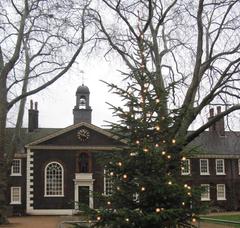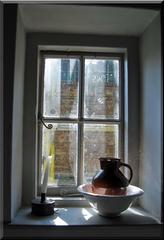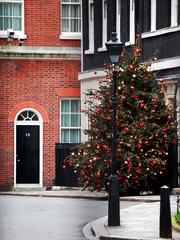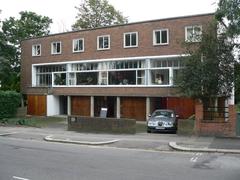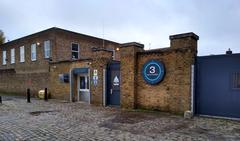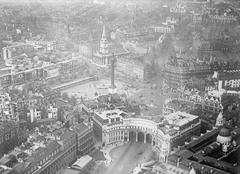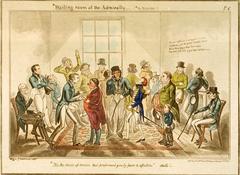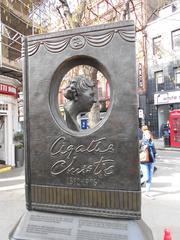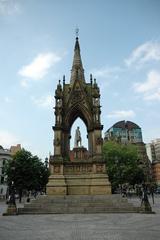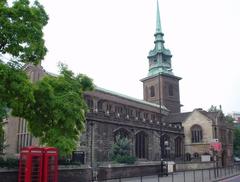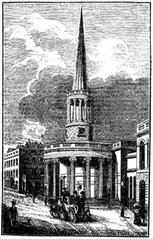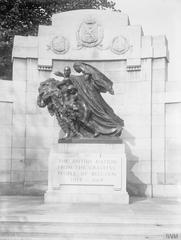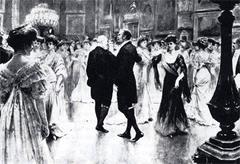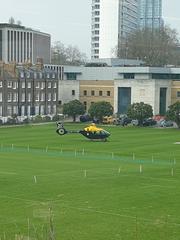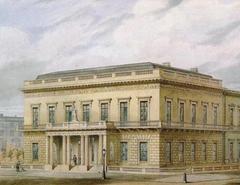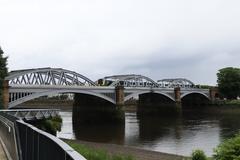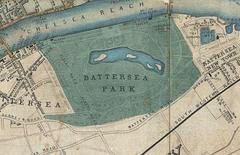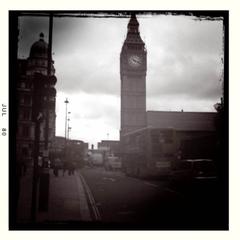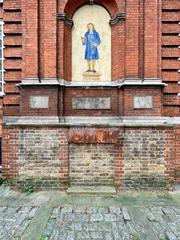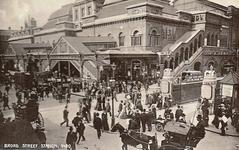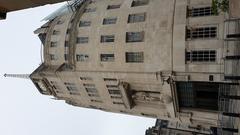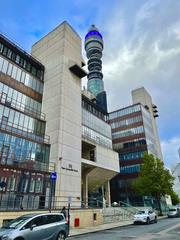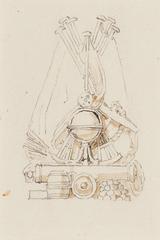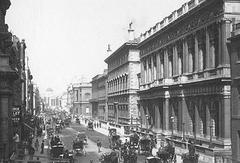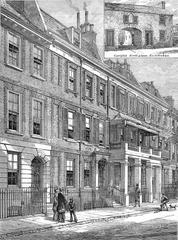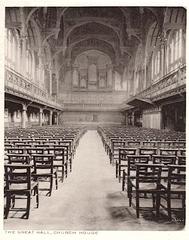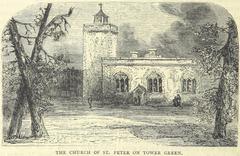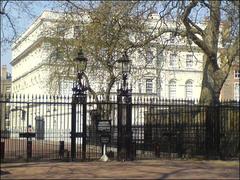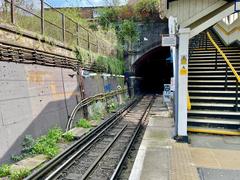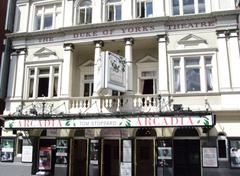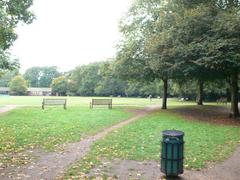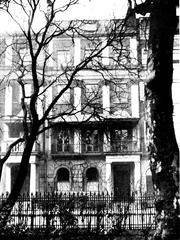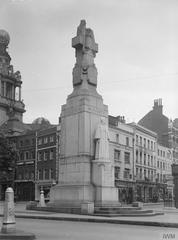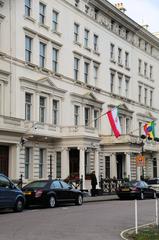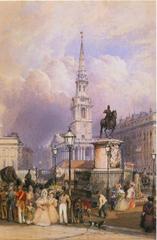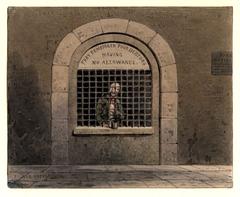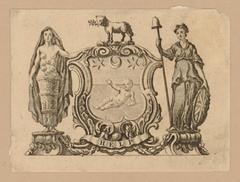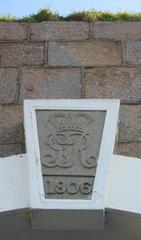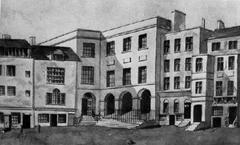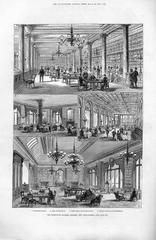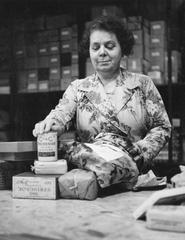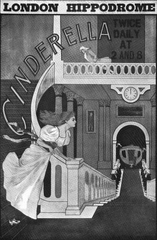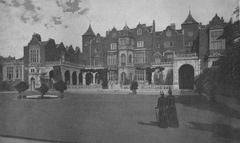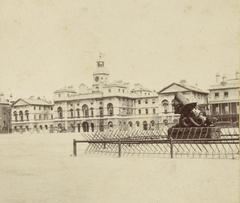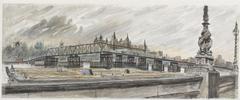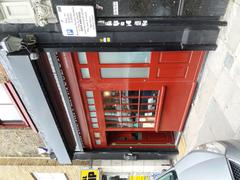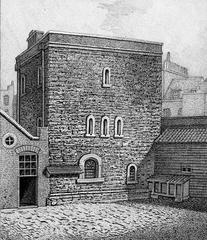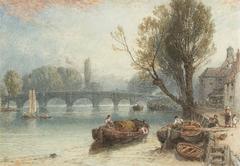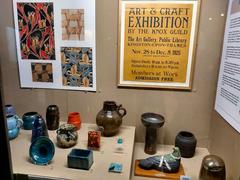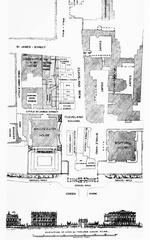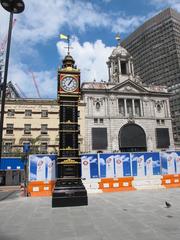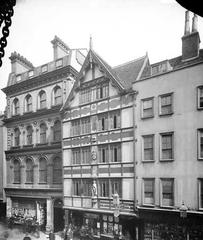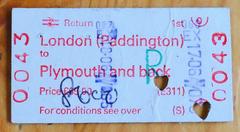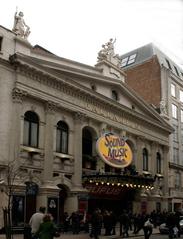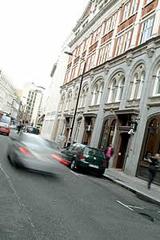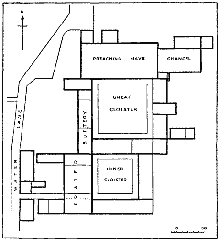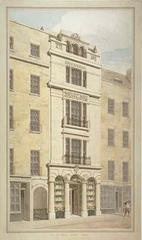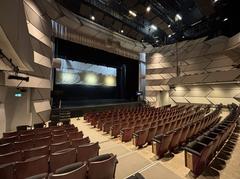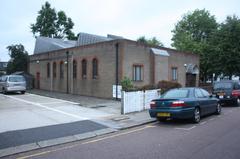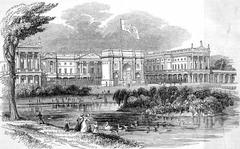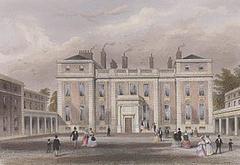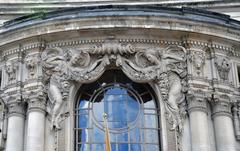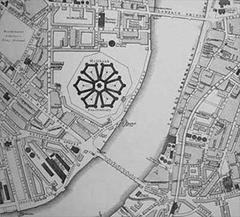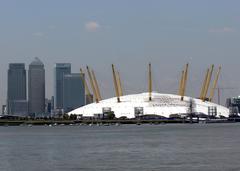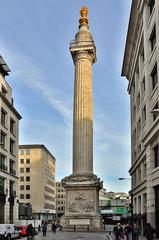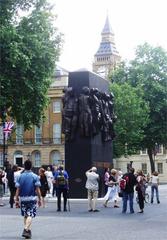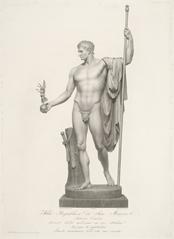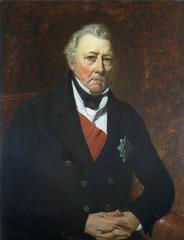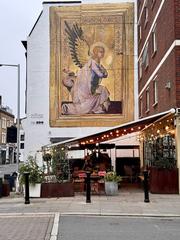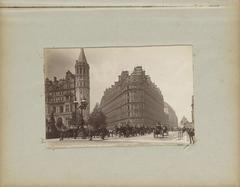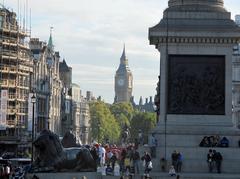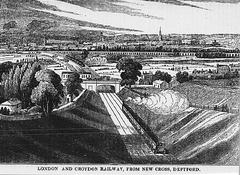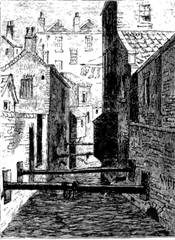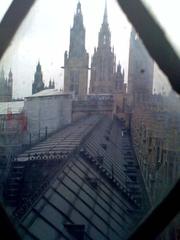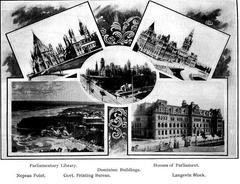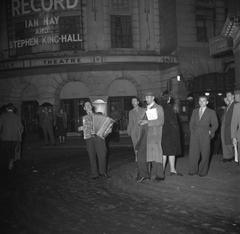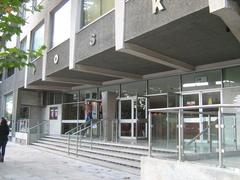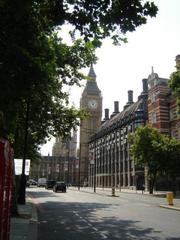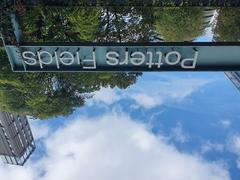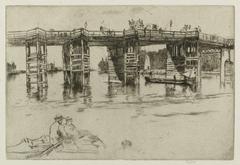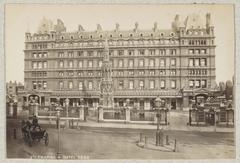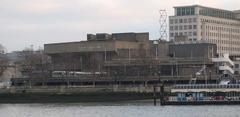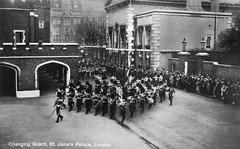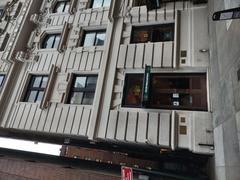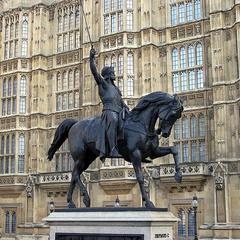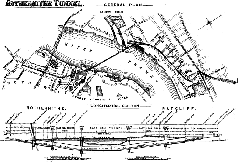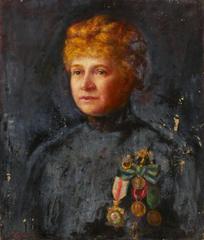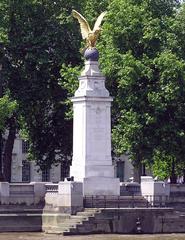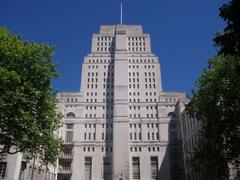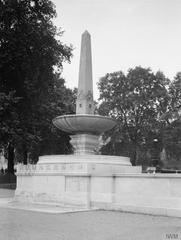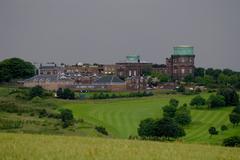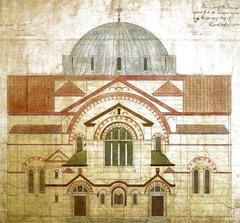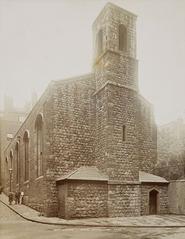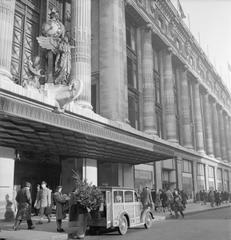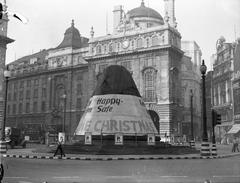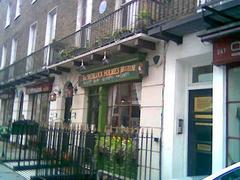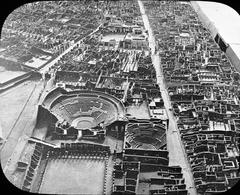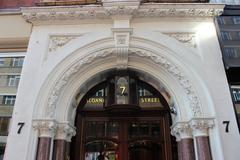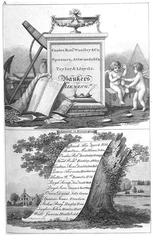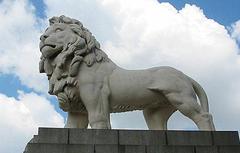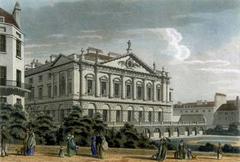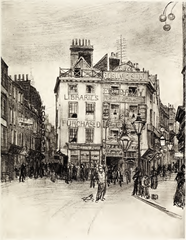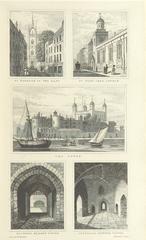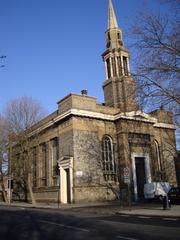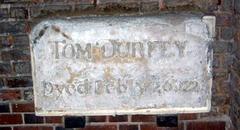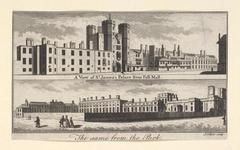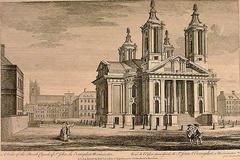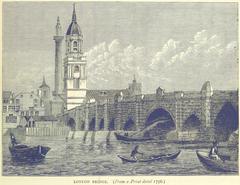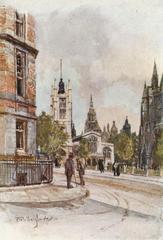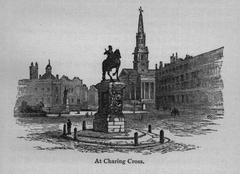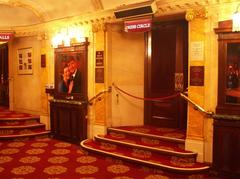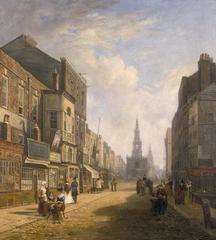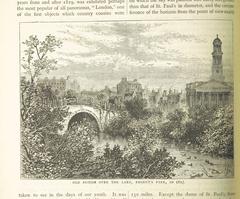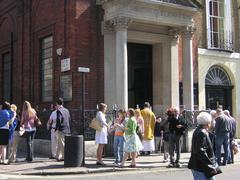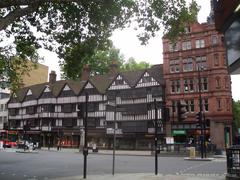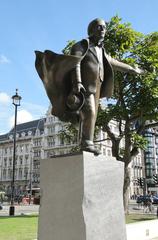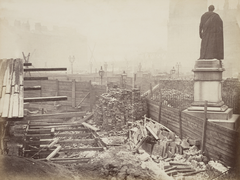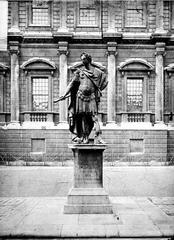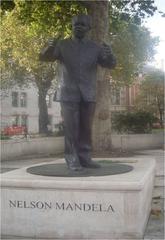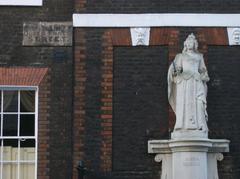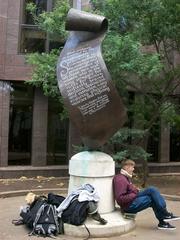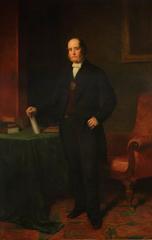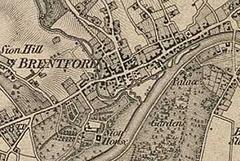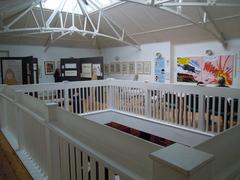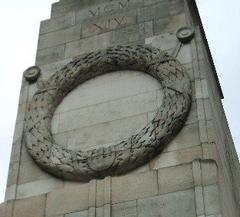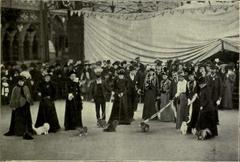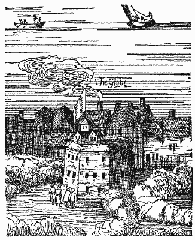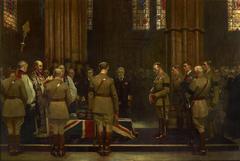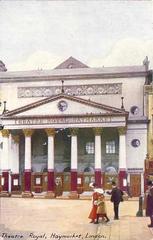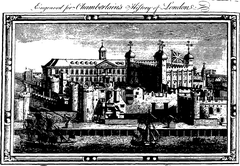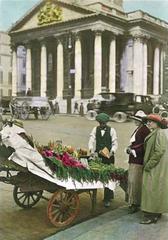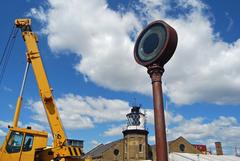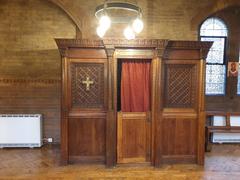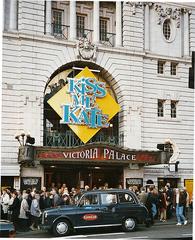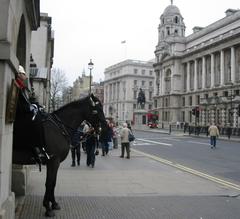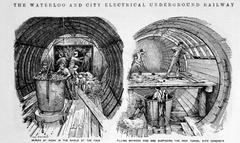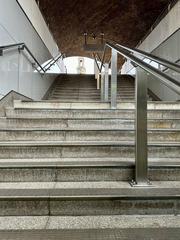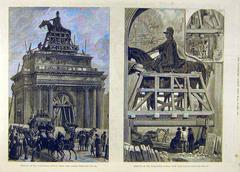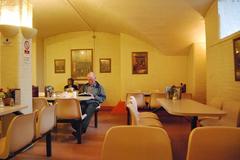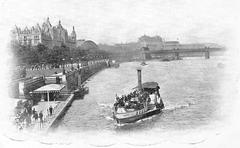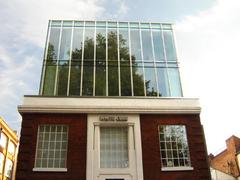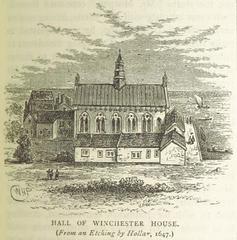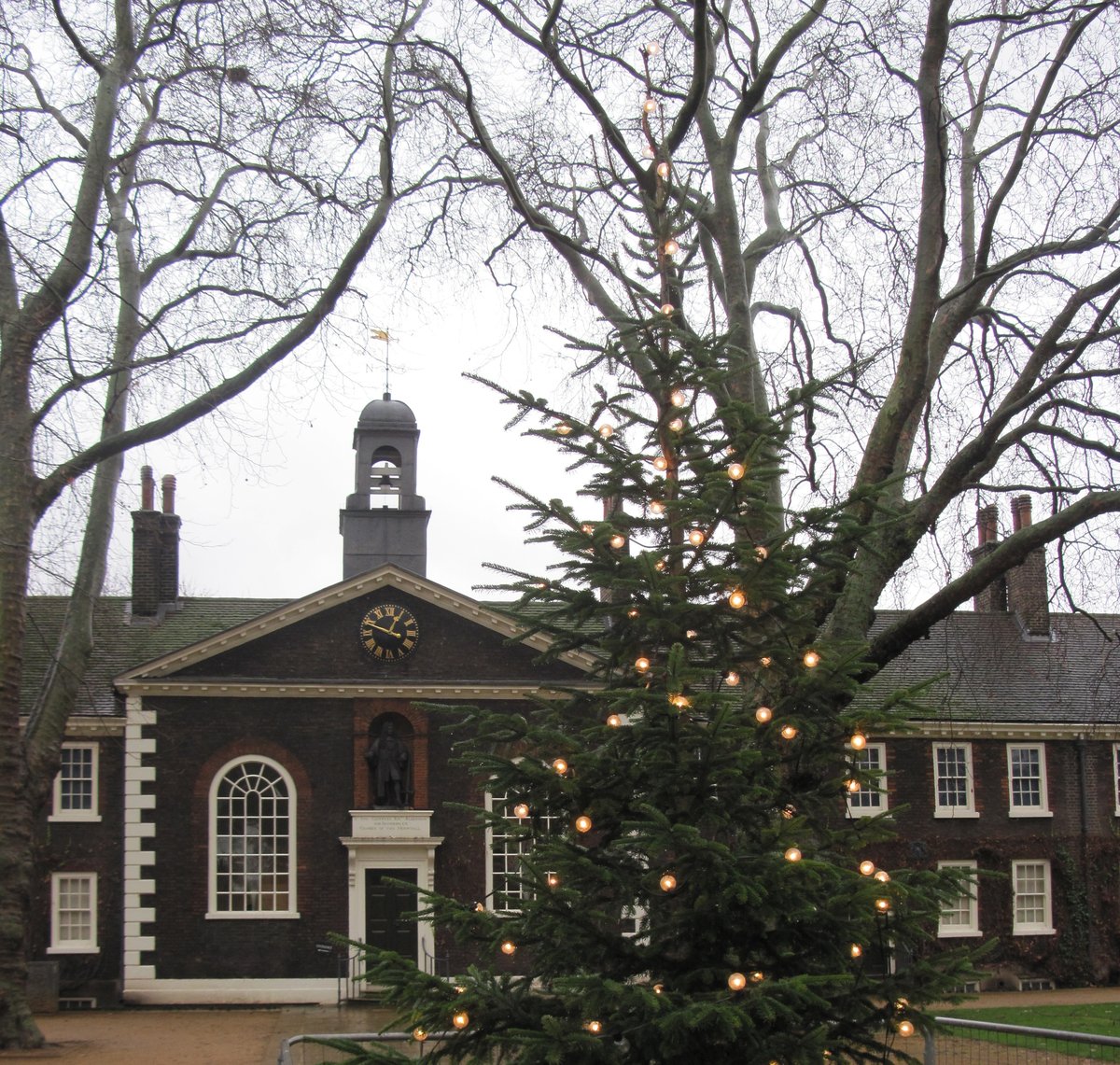
Comprehensive Guide to Visiting Museum of the Home, London, United Kingdom
Date: 23/07/2024
Introduction
Located in the vibrant Shoreditch area of London, the Museum of the Home offers a unique and immersive experience that explores domestic life through the ages. Originally known as the Geffrye Museum, it occupies the historical almshouses of the Ironmongers’ Company, built in 1714 with funds bequeathed by Sir Robert Geffrye, a former Lord Mayor of London. The museum provides a fascinating journey from the 1600s to the present day, showcasing the evolution of home interiors and lifestyles. Through meticulously recreated period rooms, diverse collections of furniture, textiles, and household gadgets, the Museum of the Home traces the social history of domestic life, offering visitors a tangible connection to the past (Museum of the Home). The museum’s recent redevelopment, completed in 2021, has expanded its exhibition space and improved accessibility, ensuring that it remains a dynamic and inclusive institution. Whether you are a history enthusiast, a student, or simply curious about how people lived in the past, the Museum of the Home provides a rich and rewarding experience that brings the history of domesticity to life (Historic England).
Table of Contents
- Origins and Early History
- Transformation into a Museum
- Expansion and Development
- Major Renovations and Rebranding
- Notable Exhibitions and Collections
- Visitor Information
- Educational and Community Engagement
- Nearby Attractions and Travel Tips
- Architectural Significance
- Future Directions
- Frequently Asked Questions (FAQ)
- Conclusion
- References
Origins and Early History
The Museum of the Home, initially established as the Geffrye Museum, occupies the former almshouses of the Ironmongers’ Company. Built in 1714 with funds bequeathed by Sir Robert Geffrye, these almshouses were initially intended to provide housing for the elderly poor, a testament to the philanthropic endeavors of the time (Museum of the Home).
Transformation into a Museum
By the early 20th century, the almshouses had outlived their original purpose. The London County Council purchased the property and converted it into a museum. In 1914, the Geffrye Museum opened, focusing on the history of furniture and interiors, and reflecting the domestic lives of the urban middle classes from 1600 to the present day (Historic England).
Expansion and Development
Throughout the decades, the museum expanded its collections and exhibitions. In the 1930s, it began to emphasize the social history of the home, showcasing period rooms that depicted living conditions and domestic environments of different eras. This approach provided visitors with a tangible connection to the past, illustrating how domestic life evolved over the centuries (Museum of the Home).
Major Renovations and Rebranding
In 2018, the museum embarked on a significant redevelopment project, closing for major renovations aimed at expanding exhibition space, improving visitor facilities, and enhancing accessibility. Funded by the National Lottery Heritage Fund, the Arts Council England, and other donors, the £18.1 million project culminated in the museum’s reopening in 2021 under a new name, the Museum of the Home. This rebranding reflects its broader focus on the concept of home and domestic life across various cultures and time periods (National Lottery Heritage Fund).
Notable Exhibitions and Collections
The Museum of the Home is renowned for its meticulously recreated period rooms, representing various historical periods from the 1600s to the present day. These rooms, furnished with authentic pieces from their respective eras, offer visitors an immersive experience of historical interiors (Museum of the Home). The museum’s diverse collections include furniture, textiles, household gadgets, and personal items, providing insights into the daily lives of people from different social classes and cultural backgrounds.
Visitor Information
Visiting Hours
The Museum of the Home is open from Tuesday to Sunday, 10:00 AM to 5:00 PM. It is closed on Mondays, except for Bank Holidays.
Tickets
General admission to the museum is free, though some special exhibitions and events may have an entry fee. Check the museum’s official website for the latest information on ticket prices and booking (Museum of the Home Tickets).
Accessibility
The museum is committed to being accessible to all visitors. It offers step-free access, accessible toilets, and wheelchairs available for loan. For more detailed accessibility information, visit the museum’s accessibility page.
Educational and Community Engagement
The Museum of the Home offers a variety of educational programs and workshops for schools, families, and adult learners. These programs are designed to enhance understanding of domestic history and encourage visitors to reflect on their own experiences of home (Museum of the Home). The museum also collaborates with local communities to develop exhibitions and events that reflect the diverse cultural heritage of the area.
Nearby Attractions and Travel Tips
When visiting the Museum of the Home, consider exploring nearby attractions such as the Columbia Road Flower Market, Brick Lane, and the vibrant street art of Shoreditch. The museum is easily accessible by public transport, with Hoxton Overground station just a short walk away. For detailed directions and transport options, visitors can refer to the Transport for London website.
Architectural Significance
The museum’s buildings are of historical and architectural significance. The original almshouses are Grade I listed, reflecting their importance as examples of early 18th-century architecture. The recent redevelopment project included the restoration of these historic buildings, ensuring their preservation for future generations (Historic England).
Future Directions
Looking ahead, the Museum of the Home aims to continue exploring and celebrating the concept of home. Future plans include expanding its digital presence, developing new exhibitions, and enhancing educational and community programs. The museum is committed to being a dynamic and inclusive institution that reflects the evolving nature of domestic life in the 21st century (Museum of the Home).
Frequently Asked Questions (FAQ)
What are the visiting hours of the Museum of the Home? The museum is open from Tuesday to Sunday, 10:00 AM to 5:00 PM.
How much are tickets to the Museum of the Home? General admission is free, but some special exhibitions and events may have an entry fee.
Is the Museum of the Home accessible? Yes, the museum offers step-free access, accessible toilets, and wheelchairs for loan.
What can I see at the Museum of the Home? The museum features period rooms, domestic artifacts, and exhibitions reflecting the history and diversity of home life.
Conclusion
The Museum of the Home stands as a vital cultural institution that offers a unique and comprehensive exploration of domestic life through the ages. Its historical significance, diverse exhibitions, and commitment to education and community engagement make it a must-visit destination in London. The museum’s recent renovations and rebranding have enhanced its facilities and broadened its focus, ensuring that it remains relevant and accessible to a wide audience. By delving into the history of home interiors, furniture, and daily life, the Museum of the Home provides valuable insights into the social, economic, and cultural shifts that have shaped British society. As a dynamic and inclusive institution, it continues to foster social connections and cultural exchange, making it a rich and rewarding experience for all visitors. Plan your visit today to explore the evolving concept of home in London’s historical landscape (Museum of the Home, National Lottery Heritage Fund).
References
- Museum of the Home. (n.d.). Museum of the Home
- Historic England. (n.d.). Historic England
- National Lottery Heritage Fund. (n.d.). National Lottery Heritage Fund
